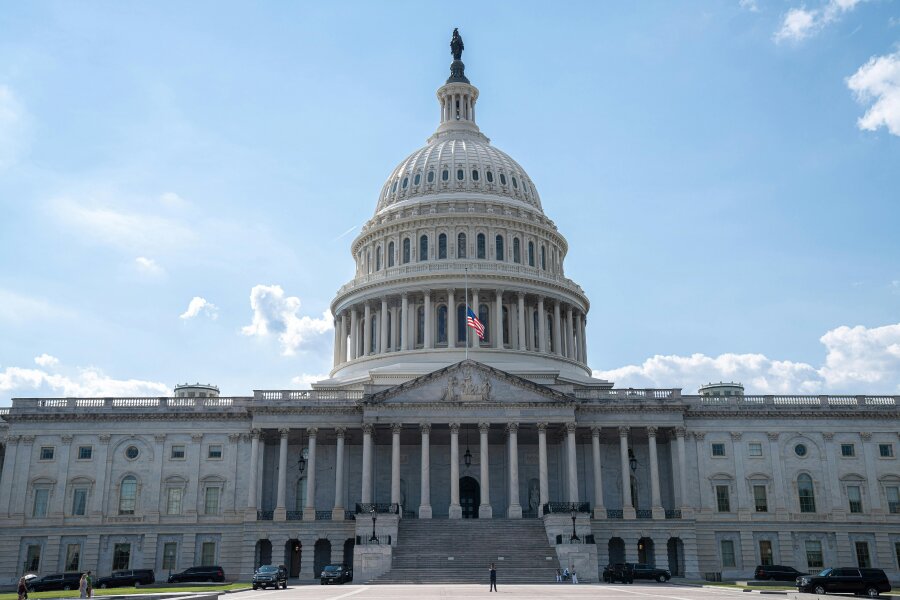In a historic bipartisan vote, the United States Senate passed an amendment to repeal the two decades-old Authorizations for Use of Military Force (AUMFs) that provided the legal basis for the 1991 Gulf War and the 2003 invasion of Iraq. The measure, sponsored by Senators Tim Kaine and Todd Young, was adopted by a vote of 77-20 as part of the Fiscal Year 2026 National Defense Authorization Act (NDAA). The repeal marks a significant step by Congress to reclaim its constitutional war powers after years of ceding authority to the executive branch. The 1991 AUMF authorized military action to expel Iraqi forces from Kuwait, while the 2002 AUMF gave the president the authority to use the armed forces against Saddam Hussein's regime. Proponents of the repeal have long argued that these authorizations are outdated and dangerously susceptible to misuse.
Over the years, successive presidential administrations have cited the 2002 AUMF, in particular, as providing a legal justification for military operations far beyond its original scope, including actions against ISIS and the 2020 drone strike that killed Iranian General Qasem Soleimani. The vote reflects a growing consensus across the political spectrum that these "zombie" authorizations should be taken off the books to prevent future presidents from unilaterally initiating military conflicts without contemporary congressional approval. The passage of the amendment represents the culmination of a multi-year effort to reassert Congress's role in decisions of war and peace. The measure does not affect the 2001 AUMF, passed in the wake of the September 11th attacks, which remains the primary legal authority for U.S. counterterrorism operations around the world. However, the successful repeal of the Iraq-related AUMFs is expected to build momentum for a broader debate about reforming and replacing the 2001 authorization with a more narrowly tailored and time-limited framework. The amendment must still pass the House of Representatives and be signed by the President to become law, but the Senate's decisive action is a landmark moment in the ongoing effort to end the era of forever wars.



